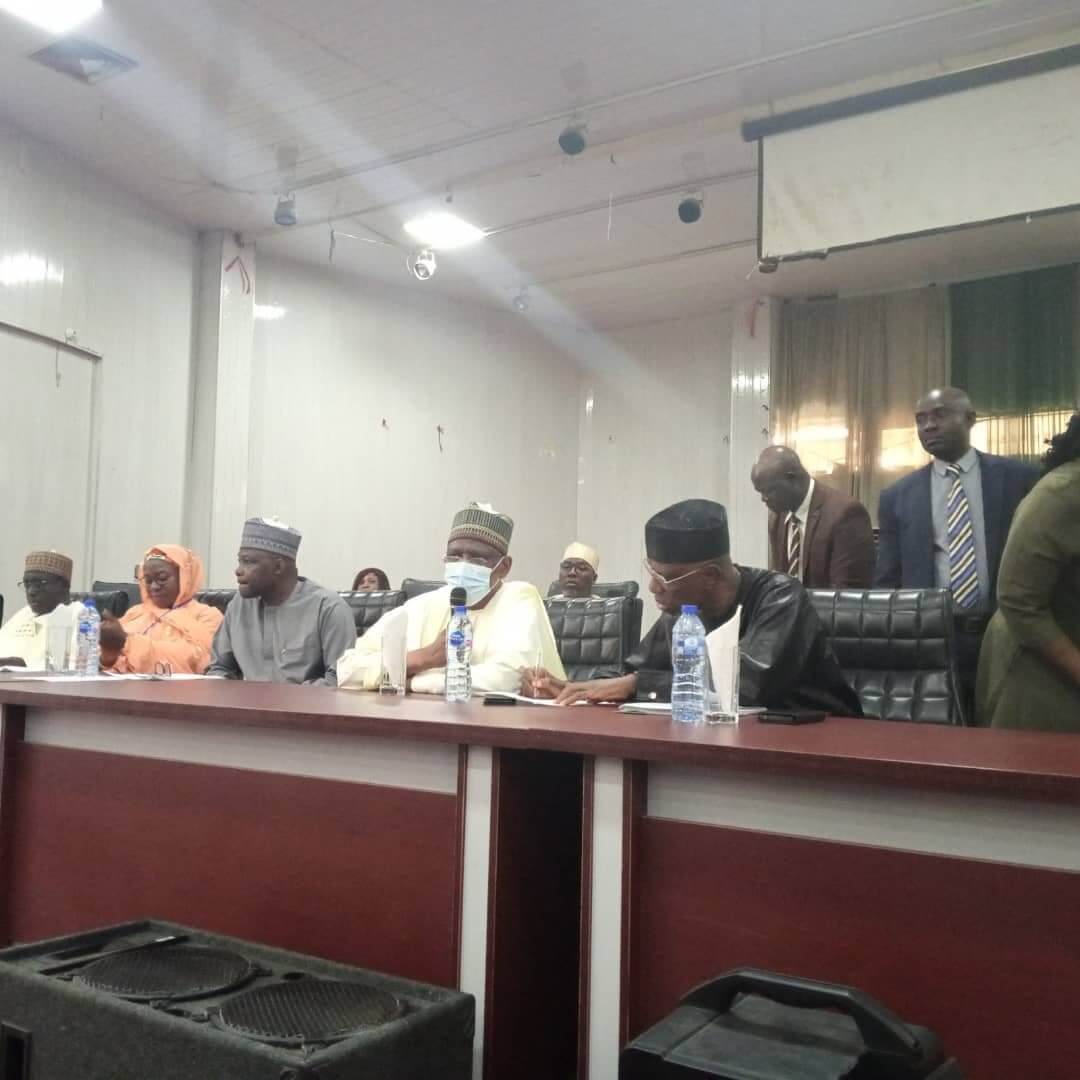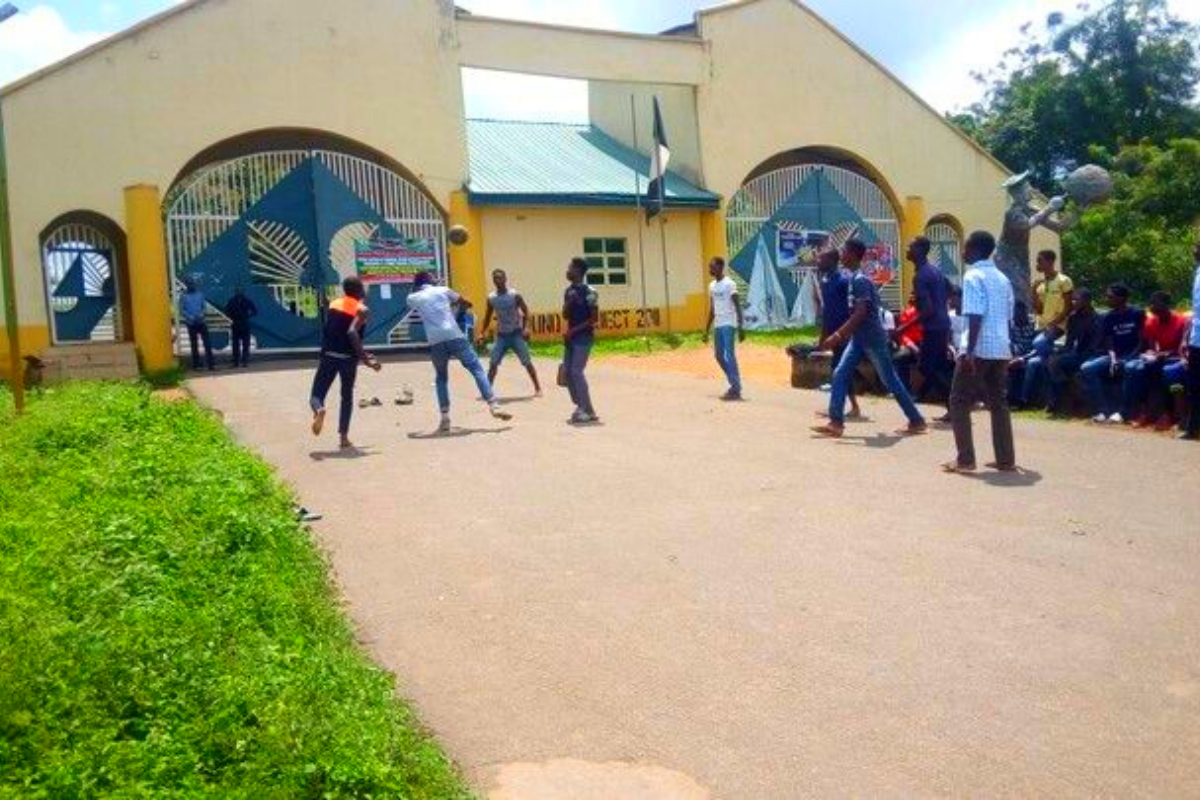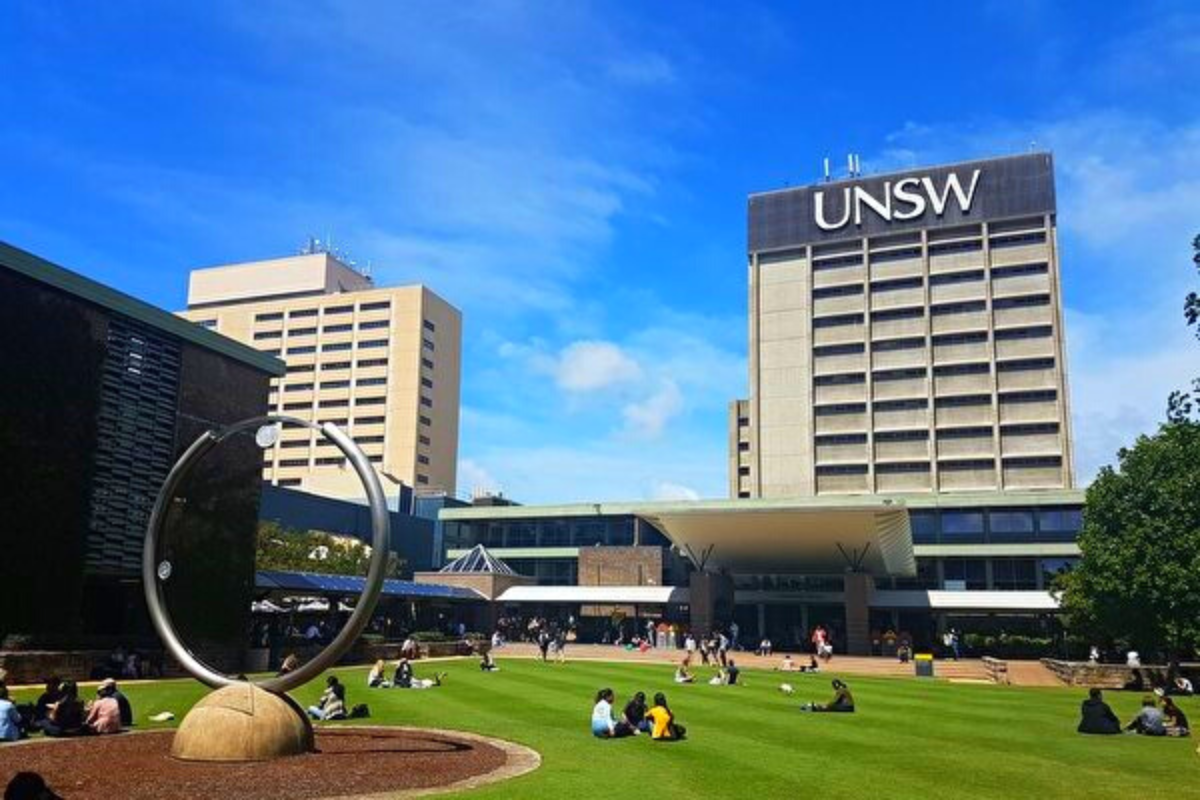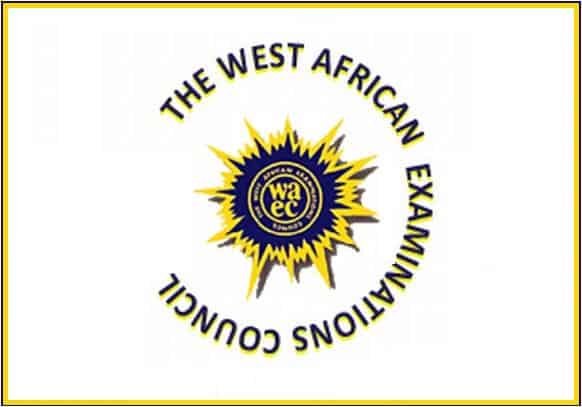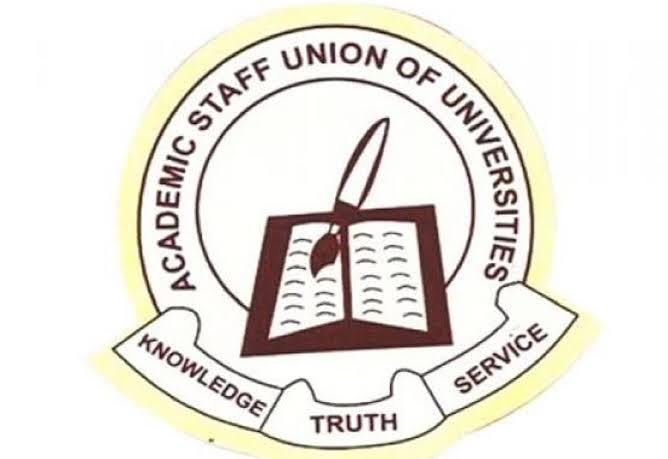Socio-Economic Rights and Accountability Project, SERAP, and five university students have sued President Muhammadu Buhari administration over the refusal by the Federal Government to meet the demands of the Academic Staff Union of Universities, ASUU, which led to the prolonged strike action and the violated students’ rights. to quality education.
SERAP, asked the court to declare the refusal by the Federal Government illegal.
The Minister of Labour, Employment and Productivity, Chris Ngige, and the Attorney General of the Federation and Minister of Justice, Abubakar Malami, SAN, were joined as defendants in the suit.
The case followed the apparent lack of commitment by the federal government to implement the agreements with ASUU, and to end the more than seven-month-old industrial action by the union, and the threat by the government to end its “no work, no payment” to implement “policy.
In the suit filed at the National Industrial Court, Abuja at the weekend on behalf of SERAP and the students by their lawyer, Tayo Oyetibo, SAN, SERAP and the students asked for: “an order directing President Buhari and Mr Ngige to immediately implement all the agreements with ASUU to end the strike action and violation of the students’ right to quality education.”
The students who are co-plaintiffs in the suit are: Dongo Daniel Davou; Oyebode Joshua Babafemi; Ejie Kemkanma; Peter Itohowo Aniefiok; and Imam Naziru. They are students of Plateau State University, Obafemi Awolowo University, University of Port Harcourt, University of Uyo and University of Ibadan respectively.
Although Nigeria has ratified several human rights treaties, which guarantee the right to quality education of Nigerian students, the Federal Government has over the years refused to meet the demands of ASUU, and to address the poor environment in the country’s universities.
“The failure to implement the agreements with ASUU is also a fundamental violation of the right to education without discrimination or exclusion, as strike actions continue to penalize economically disadvantaged parents who have no means or capacity to send their children to private schools.
“SERAP had earlier advised President Buhari to recover and use the N105.7 billion stolen public funds in addition to specified percentages of the N3.6 billion feeding and travel allowances for the President and the N134 billion allocated to the National in 2022 Meeting has been allocated. Budgeted to meet the legal demands by ASUU.
“Besides being a right in itself, the right to education is also an empowering right. Education is a public good.
“The right to bargain freely with employers regarding working conditions forms an essential element in freedom of association, and unions including ASUU must have the right to seek to improve the living and working conditions of those they represent.”
“The federal government has continued to ignore the plight of teeming undergraduate students, who have been denied access to quality education due to the ongoing strike action caused by the continued unwillingness of the Defendants and their agents to implement the agreements with ASUU.
“The breach of the agreements by the Federal Government clearly provides a reasonable basis for ASUU members to exercise their right to strike as a last resort. It is illegal to punish the members simply because they peacefully exercised their right.
Nigerian students in public universities have suffered many years of disruption due to the failure of governments to address the root causes of strike action by ASUU and to faithfully implement the agreements reached with the union, leading to devastating consequences on the right to equal and quality higher education.
“According to reports and available evidence, the FGN-ASUU initial 2009 agreement sought among others the resolution of the following underlying issues: proper funding of public tertiary institutions amounting to N1.3 trillion to be implemented over a period of 4 years between 2009 and 2013.
“It was agreed that the N1.3 trillion funding of state-owned tertiary institutions would span between years 2014 and 2018. It was also agreed that the sum of N200 billion Naira would be released to public tertiary institutions in 2013 while part of N220 billion Naira would be paid annually between 2014 and 2018.”
“However, according to reports, only the sum of N200 billion Naira was released in 2014 and no other sum, apart from the sum of N20 billion Naira released in 2019, was paid to the institutions.”
Meanwhile, no date has been set for the hearing of the case.
